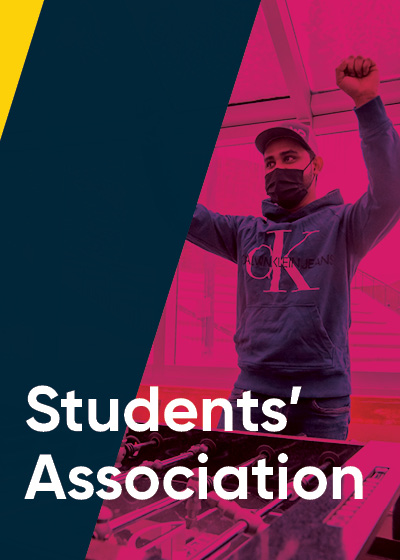News Archives: Patricia Wolf Veiga: Farming Roots Run Deep
Thursday, September 19th, 2024

They say you can take the woman out of the farm, but you can’t take the farm out of the woman. This holds true for Patricia Wolf Veiga who, despite being thousands of kilometers away from her birthplace in Brazil, feels right at home in Beaverlodge amidst the agricultural sights and sounds of northern Alberta.
“I grew up on a farm in Brazil, but there's actually a lot of similarities around here,” Patricia says. “The rural, agriculture, farming focus - that brings me that feeling of being home, even though I'm far away.”
Patricia is the Manager of the National Bee Diagnostic Centre at NWP - the first comprehensive laboratory in Canada to provide diagnostic services for honey bee and native bee pests. She’s been with the Centre since its inception in 2012, before there were even buildings, and played an important role in getting it up and running.
“I was hired to develop protocols and tests and basically set up the whole lab,” Patricia says. “Purchase equipment and everything.”
She was also hired to do research, which is what she did for most of her first six years at the Centre, using techniques she learned getting her master's degree in microbiology from the University of Victoria. Her first job was to develop methods to test for honeybee pathogens and genetics. Even though she studied soil and bacteria at UVic, the methods directly applied to her work on bees, for example in sequencing DNA and testing for diseases. A bigger change for Patricia was learning to do research that aligned with industry needs. But again, Patricia’s farming background gave her some familiarity.
“We are very industry focused at the Centre. We develop and work on projects that meet industry needs,” Patricia says. “So I work with a lot of farmers and coming from a farm I understand the pain and the struggles and the low margins of profits and things like this. It’s important that they get the best value from the service that we offer.”
Since those early days in 2012, the Centre has grown exponentially to keep up with industry demand. In 2018, Patricia became the Centre’s Manager and oversaw a massive expansion in lab space which allowed for an increase in diagnostic testing from 20,000 to 60,000 per year. Funding the expansion, and day-to-day operations, is a challenge in itself. As a “soft money” institute, the Centre relies mostly on grants. One of the key grants the Centre won is the Technology Access Centre (TAC) grant from the federal government.
“There are only 68 TAC grants in Canada,” Patricia says. ”It was a highlight for us to be recognized as the only lab dedicated to honey bees in Canada. Most of the other technology access centres are regional.”
Patricia enjoys managing the lab and conducting research, but another highlight for her is engaging with students. She was a biology teacher in Brazil and a teaching assistant in Victoria, but she appreciates the hands-on learning students get in the lab at NWP.
“Everything they learn is transferable,” Patricia says. “It’s not just a project they build, it’s a real case. These are real problems from producers that we're analyzing samples for. It's more business-like but still research.”
Patricia recognizes that the National Bee Diagnostic Centre will need to continue to adapt as it grows. But adapting has defined her experience at NWP. From her early days as a researcher sequencing bee DNA, to her current role as a manager overseeing expansion and funding applications, Patricia has grown and evolved along with the Centre. It is safe to say that Patricia is comfortable navigating whatever challenges and changes the Centre might face in the future. So long as there are bees, farmers, and research to be done, Patricia will feel at home.












